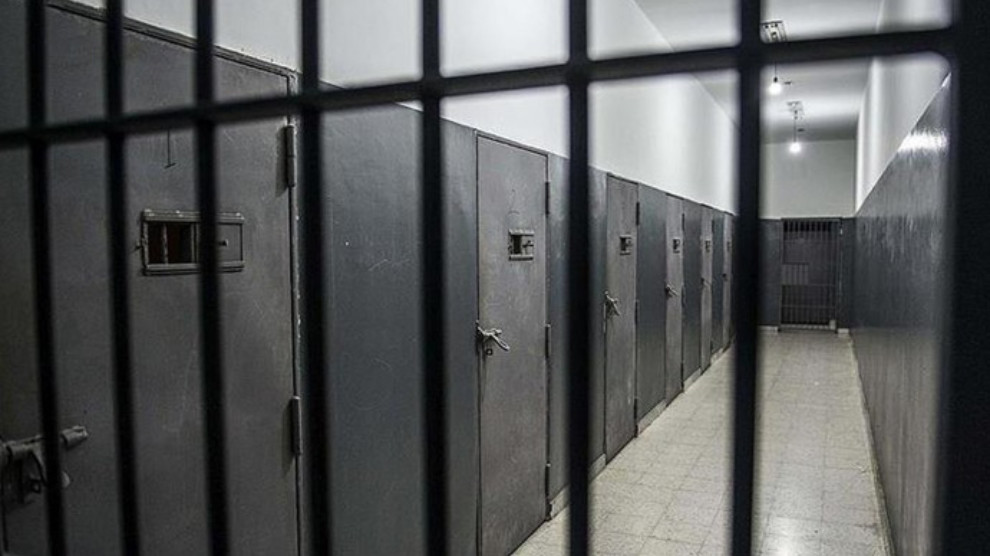Report exposes violations in 72 Turkish prisons
The report stated that violations came from 72 different prisons, 35 of which are closed prisons. The names and information of prisoners were kept confidential.
The report stated that violations came from 72 different prisons, 35 of which are closed prisons. The names and information of prisoners were kept confidential.

The Civil Society Association in the Penal Execution System (CISST) reported violations in 72 different prisons in Turkey.
Among the violations is also a ban on vegetables, no cleaning, masks for sale, no food other than iftar-sahur (evening and pre-dawn meal during the month of Ramadan).
CISST compiled and published the complaints received on the hotline between 29 April and 12 May.
The report stated that violations came from 72 different prisons, 35 of which are closed prisons. Clearly the names and information of prisoners were kept confidential.
Prisoners exposed the following:
“* In some prisons, disinfection is not carried out in the common areas used by prisoners.
* In many prisons, because regular cleaning is not carried out, prisoners clean the common areas themselves with their own means or clean the ward where they stay.
* Despite the fact that some wards are not disinfected, the authorities have signed a paper indicating that they were.
* In some prisons, enforcement officers do not comply with the social distancing rule.
* In some open prisons, canteens are not adequately cleaned and too many prisoners have to use them.
* While some prison administrations distribute soap and bleach to the wards, soap is not distributed free of charge in some prisons.
* In some prisons, masks are not given free of charge but sold.
* Free cleaning material is not provided to the prisoners who cannot pay their fees as they are not in good financial condition.
* Water is cut frequently and hot water is given only at certain times.
* There are problems with the distribution of meals prepared in open prisons, the meals given to closed prisons are limited and of poor quality and in unhygienic conditions.
* It is forbidden to carry fresh vegetables to some prisons because of the concern that they could be contaminated, additional food is not provided, and it is not possible to buy additional food.
* Prisoners who do not fast during Ramadan are not given food other than at iftar and sahur times. Therefore those who do not fast are not given enough food.
* Prisoners do not want to be transferred to the hospital because they do not know how they could provide to themselves during the quarantine. Those who return from hospital in fact have to stay 14 days in isolation.
* In some prisons, ill-treatment and psychological pressure against prisoners has increased.
* In some jails prisoners are prevented from sending letters and writing petitions, and letters and newspapers from outside are not given to them.
* Prisoners who have recently moved from closed to open prison are employed for long hours due to accumulated jobs.